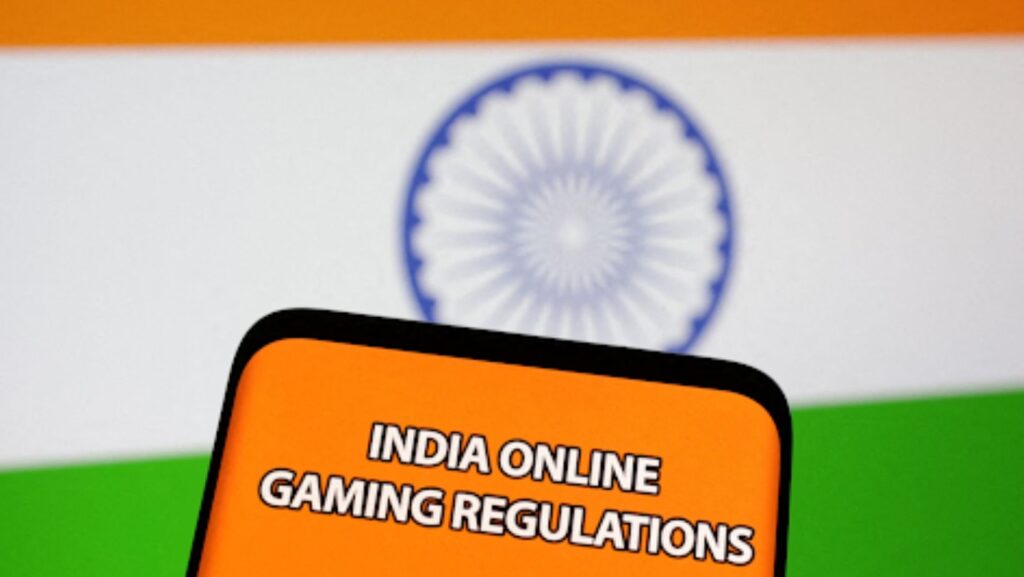In 2025, India is actively developing its gambling regulatory framework. Currently, the country sticks to the 1867 Act, which doesn’t touch on the digital sector, which is booming. The government is pushing legislation towards prohibiting games of chance and sports betting, mentioning the adverse effects like addiction, financial strain, fraud, and social distress. However, many are confident that a strong ban will negatively affect the Indian market. Below are some reasons why this decision is wrong and some ideas on how to implement a balanced legal framework.
Economic Disruption Caused by Betting Bans
For many, betting is a thrilling entertainment option, but not many people think about the economic benefits hidden behind a legal and well-developed sector. Although iGaming has long been unregulated in the state, researchers estimate that over 200,000 Indians are employed across game development, content marketing, and other branches that support the stable industry’s operations. Tax revenue is also an important point here, as legal online betting can bring significant income to the country’s budget. The ban on digital sports wagering will prevent operators from entering the country’s market, while economic conditions may worsen significantly. Many people will remain unemployed, while the state itself will experience a lack of financing due to taxation issues.
Encouragement of Black Markets and Illegal Activities
Betting has been in demand for centuries, and despite prohibition periods, passionate punters have always found ways to get around restrictions. This gap will continue to exist in the digital sector, where many bookmakers operate without a license or are registered outside the Indian jurisdiction. Currently, domestic iGaming companies are banned in the state, but locals can take advantage of overseas service providers. For example, bettors can download the 1xBet APK India without limitations and take advantage of high-quality casino and betting services.
If users are unable to access at least these half-legal opportunities, they will definitely switch to illicit activities. This shift can result in an increased number of cybercrimes, as unlicensed platforms often lack user verification, accept underage members, and have weak consumer protection measures. In this case, an increasing number of Indian residents will struggle with the financial consequences of uncontrolled betting and gambling addiction.
Social Harms Will Worsen, Not Improve
Bans on betting activities primarily aim to support the population’s well-being and prevent the growing rate of compulsive gambling disorders in the country. However, the government may witness the opposite effect. Banning all international online bookmakers is barely possible, so users will likely find ways to eliminate the block and place sports predictions. This is especially dangerous for users suffering from the first signs of betting-related disorders. The lack of regulatory oversight may worsen their conditions. At the same time, illegal platforms typically don’t provide customers with viable solutions to this problem, like counselling, helplines, and access to self-exclusion tools.

On the contrary, the Indian government can follow the examples of other countries by legalizing the industry, but setting specific limitations for vulnerable individuals. For instance, the UK has recently initiated financial verifications that aim to determine whether a person can afford to engage in risky activities and set personalized deposit limits. Increasing awareness about the possible consequences of uncontrolled betting and encouraging punters to behave responsibly is a way out of the problem.
Lost Opportunity to Shape Behaviors Through Regulations
Rather than prohibiting online betting and pushing this entertainment into the shadows, the Indian government should seek ways to change users’ perception. For instance, a strict ban on sports wagering encourages punters to seek alternatives. On the contrary, strong but flexible regulations can include the following:
- Setting age limits, deposit caps, mandatory cooling-off periods, and behavioral tracking
- Regularly auditing odds and outcomes to boost transparency in the market
- Enforcement of stronger KYC policies and verification requirements
- Strengthening anti-money laundering (AML) checks to prevent fraud in the sector
Legal frameworks make the market more controlled, bringing stricter oversight. Instead, bans don’t actually prevent users from joining gambling platforms but motivate them to seek illegal opportunities or alternative ways to access their favorite entertainment option.
Possible Alternatives for the Indian Government
As many developed countries have already legalized gambling and betting activities by bringing stronger requirements for iGaming companies and players, India can follow this example. Instead of crafting a completely new regulatory framework, local authorities can take some steps from others.
For instance, improving the licensing regime in the state and implementing industry-specific supervisory bodies can significantly enhance the overall landscape. In this case, domestic online bookmakers will have the potential for development, eliminating users’ need to search for foreign alternatives. As a result, this approach will help the government generate additional income for the state’s budget: residents will spend money in Indian sportsbooks and increase the overall population’s well-being.
In addition to these rules, authorities should consider increasing awareness about the potential drawbacks of uncontrolled betting. Users who are informed about the possible dangers are more likely to remain responsible in the conditions of unpredictability. Integrating a nationwide self-exclusion register and promoting a safer approach to betting will also become a benefit in the long run.

